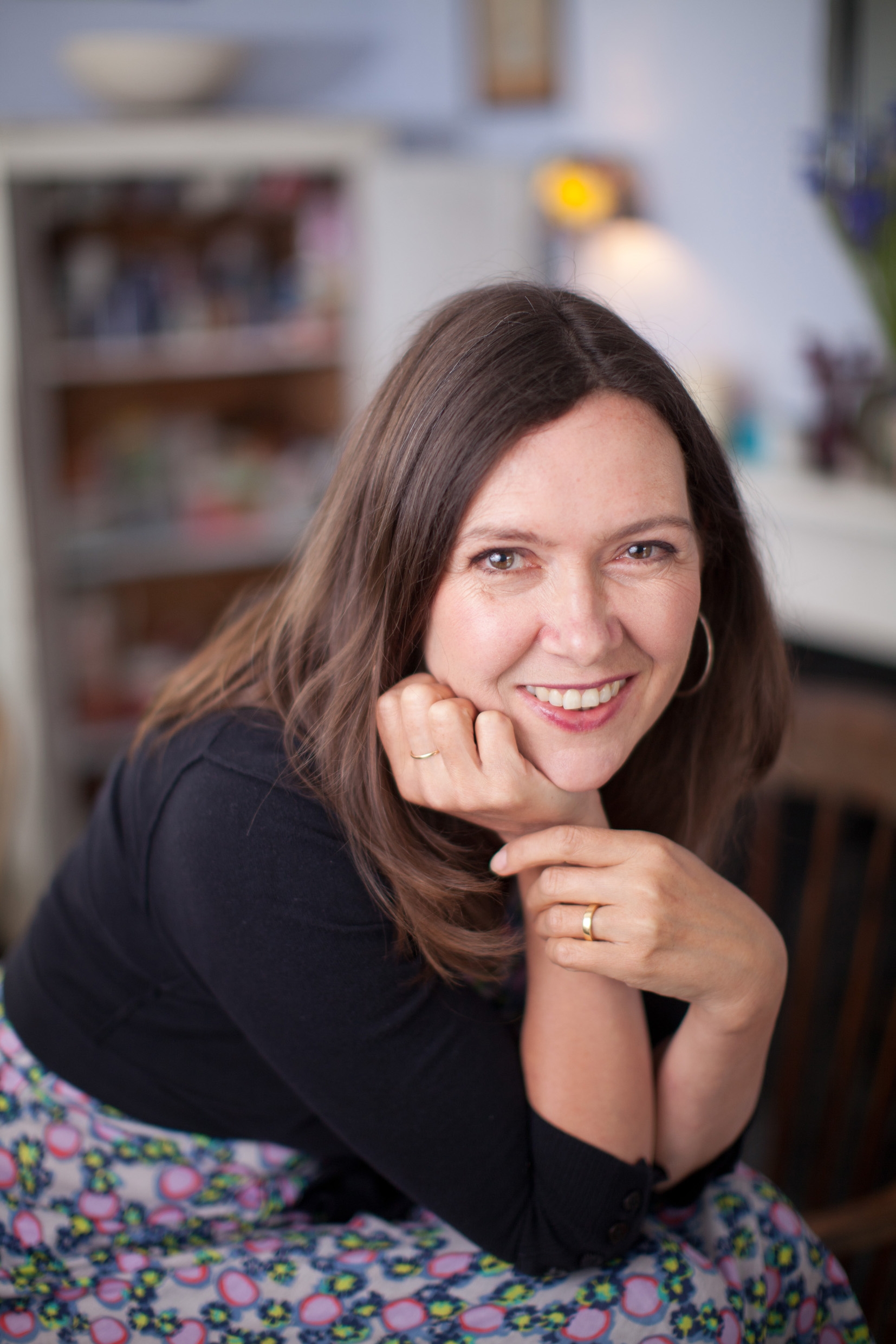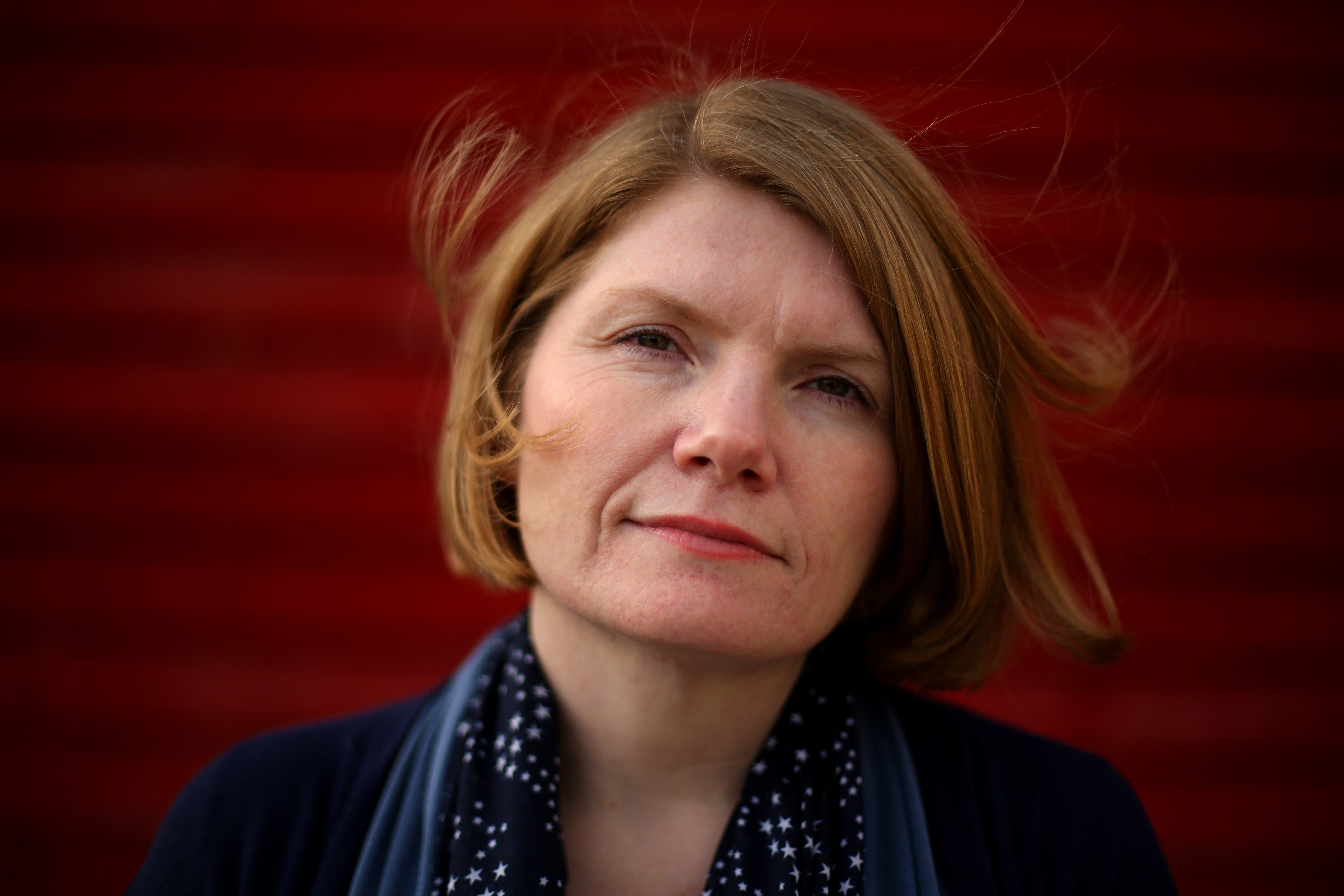Writing is a form of therapy. The creative act seems as necessary for my mental health as a social life and exercise. And beyond that, I find that my deeper, darker soul emerges in my novels in ways I never expect...
We all know that diary and letter writing can be cathartic - and certainly my own teenage diaries were where I worked out the passions and indignities of life - but writing longer fiction works as therapy on several different levels.
I'm not proposing that we should all attempt to write full-length novels, because it's horribly difficult and takes a ferocious marathon runner's mentality; but if you are given to noting your thoughts in written form, you may find that finding or making patterns out of a life can be deeply rewarding at a creative level. There's little like a bit of artistic accomplishment to soothe the soul.
We novelists are pretty uniformly neurotic creatures, and a certain measure of misery goes with the territory.
There's profit to be had from misery, and sometimes, writing is at its best when we are deeply unhappy, frustrated, or furious... However far I move away from autobiography, there's some level at which the germ of a novel contains some intense emotion of my own that I want to explore or put right. As Flaubert answered when asked whom the character of Emma Bovary was based on, 'Madame Bovary, c'est moi.' We novelists are pretty uniformly neurotic creatures, and a certain measure of misery goes with the territory, but writing makes sense of that, both in the pouring of the soul onto the page - the 'pen in vein' aspect of writing - and in the gruelling but exciting creative element.
Touched is my fifth novel, and it's only over some time that I've seen the strange shadowy recesses of my psyche revealed in themes that repeat themselves without me knowing. I think that by writing, as in therapy, we can tap into what's really there, because fiction allows a kind of mask. We can be more daring, more revealing, if we're not talking directly about ourselves. A much darker, more disturbing element comes into my writing that isn't apparent in the person that most people perceive, and I find that interesting. It probably stops a certain amount of festering.
I had a very short deadline when I was commissioned to write Touched, and so the process was unlike anything else I'd experienced. All those sickening moments of procrastination, tiredness, despair, were simply not possible. I wrote intensely, into the night, in a fever of creativity. An image of an 'odd girl out', a child dressed in Victorian clothes against a perfect village Green came to me, and I had to write about her, and about her beautiful but fragile mother, and about how illicit longings and fears can be so powerful, we barely know what's true and what's in our minds. It's a haunted tale, full of obsessions. I think it helped to lay some ghosts to rest.
Writing creatively is as therapeutic as what goes on the page: no substitute for therapy, but it can untangle and enlighten.
There's a fine balance to be found between catharsis and storytelling. Memoirs are one thing; novels require craft, structure and discipline to work as entertainment. But the very act of writing creatively is as therapeutic as what goes on the page: no substitute for therapy, but it can untangle and enlighten.
Writing is hard, sometimes even maddening, and it's actually not something I'd wish on my children as a profession, yet I find that however much I rail against it, if I'm NOT doing it, I'm far grumpier, less contented and less confident. Dramatically so. If you have any itch to put pen to paper, you will satisfy something by producing a piece of creative writing, however short. But first you need to overcome that voice - that voice that still assails all professional writers I know - that voice of doubt, that questions us, fills us with doubt, and tells us we can't do it. It never goes away, but you can learn to mute it if you just make yourself sit down and write, even for ten minutes.
Now write, and see what it does for your mind.






